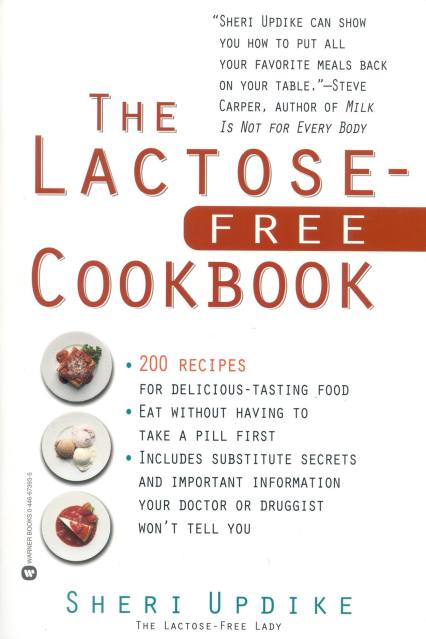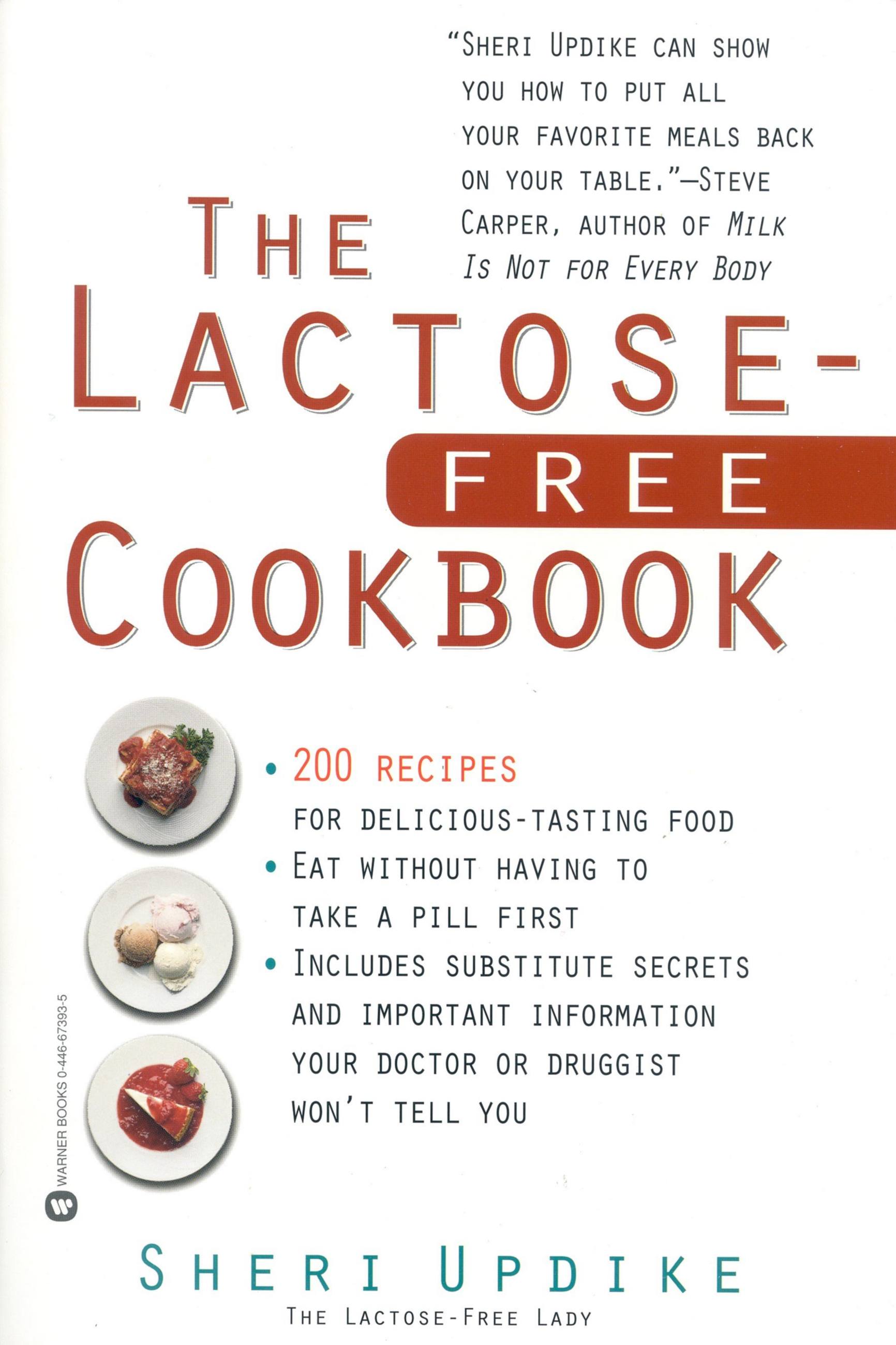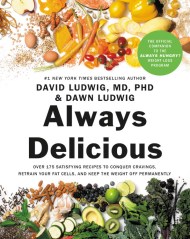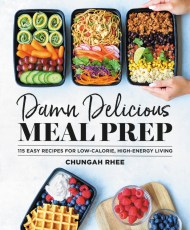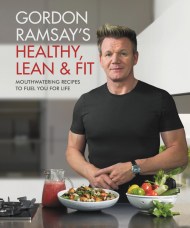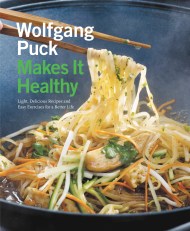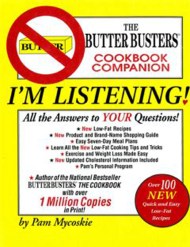Promotion
Use code MOM24 for 20% off site wide + free shipping over $45
The Lactose-Free Cookbook
Contributors
By Sheri Updike
Formats and Prices
Price
$9.99Price
$12.99 CADFormat
Format:
ebook (Digital original) $9.99 $12.99 CADThis item is a preorder. Your payment method will be charged immediately, and the product is expected to ship on or around December 19, 2009. This date is subject to change due to shipping delays beyond our control.
Also available from:
Genre:
- On Sale
- Dec 19, 2009
- Page Count
- 384 pages
- Publisher
- Grand Central Publishing
- ISBN-13
- 9780446571401
Newsletter Signup
By clicking ‘Sign Up,’ I acknowledge that I have read and agree to Hachette Book Group’s Privacy Policy and Terms of Use
